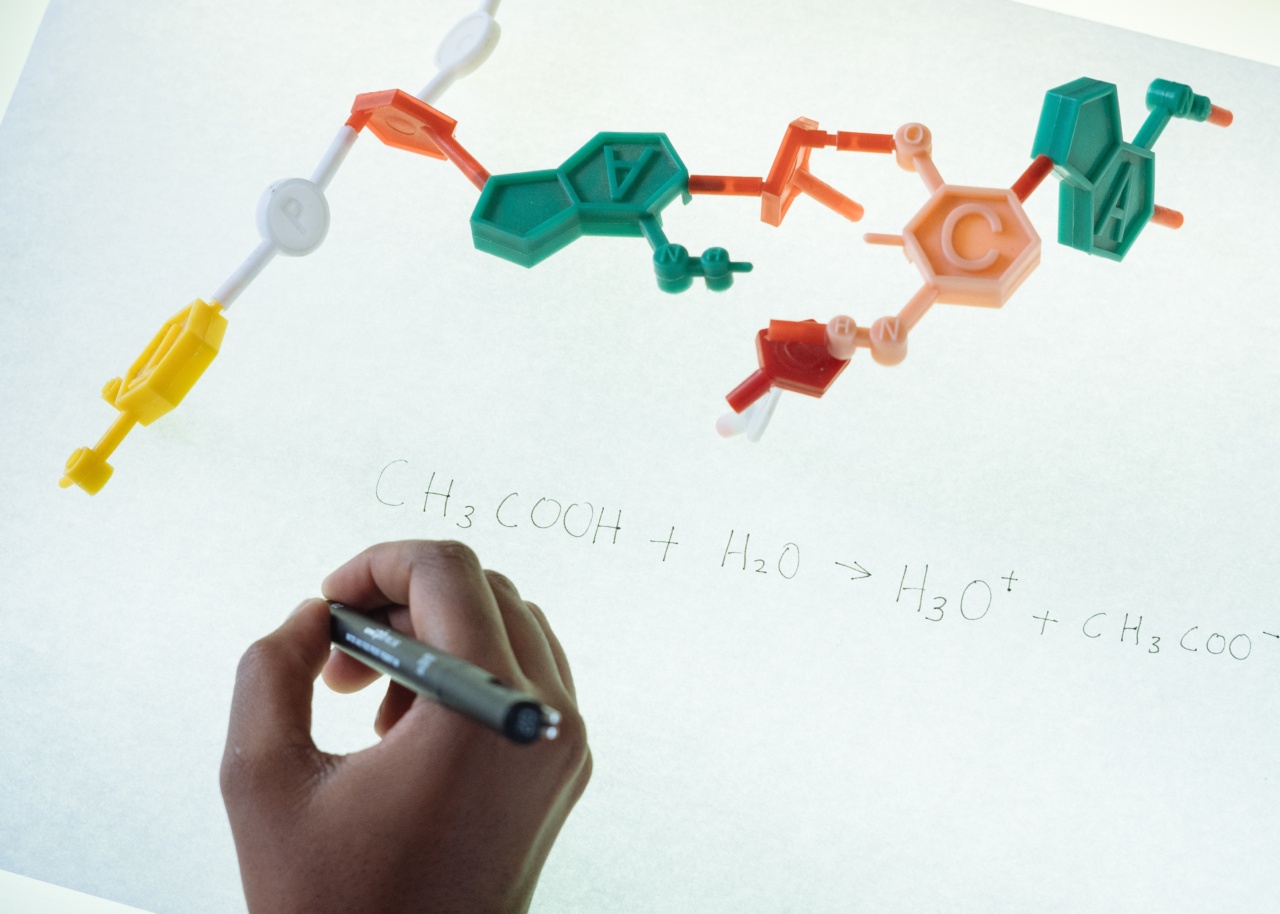Autism spectrum disorder (ASD) is a complex developmental disorder that affects communication, social interaction, and behavior.
According to the Centers for Disease Control and Prevention (CDC), about 1 in 54 children in the United States have been diagnosed with ASD.
What Causes Autism?
Although the exact cause of autism is unknown, researchers believe that genetic, environmental, and developmental factors all play a role in the development of the disorder.
One theory that has gained a lot of attention in recent years is the role that hormones play in the development of autism, particularly for boys. Studies have found that boys are four times more likely to be diagnosed with autism than girls.
The Male Brain and Hormones
One reason why boys may be more at risk for developing autism is because of the way male and female brains develop differently.
Research has shown that male brains tend to be more “systemizing” or focused on understanding and analyzing systems, while female brains tend to be more “empathizing” or focused on understanding and predicting emotions.
This difference in brain development may make males more vulnerable to developing autism.
Hormones also play a key role in brain development. Testosterone, the male sex hormone, has been found to have a significant impact on brain development and function.
The Testosterone-Autism Connection
Several studies have found a link between testosterone and autism. One study found that fetal exposure to high levels of testosterone was associated with an increased risk of autism.
Another study found that the brains of boys with autism have higher levels of testosterone and other male sex hormones compared to typically developing boys.
These findings suggest that testosterone may play a role in the development of autism, particularly for boys.
Testosterone and Social Behavior
Testosterone levels have also been linked to social behavior. In general, higher levels of testosterone have been associated with less socializing and more aggressive behavior.
Studies have found that boys with autism tend to have lower levels of social behavior than typically developing boys, which may be related to their higher levels of testosterone.
The Role of Prenatal Hormones
The role of hormones in the development of autism may begin before birth. Studies have found that prenatal exposure to high levels of testosterone in the womb may increase the risk of autism later in life.
Exposure to other hormones, such as progesterone and cortisol, may also play a role in the development of autism.
Conclusion
While the exact cause of autism is still unknown, research suggests that hormones, particularly testosterone, may play a role in the development of the disorder.
The fact that boys are more at risk for developing autism may be related to their brain development and the influence of hormones, including prenatal exposure to high levels of testosterone.






























